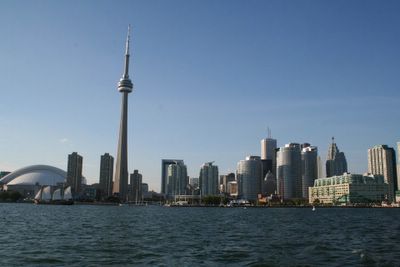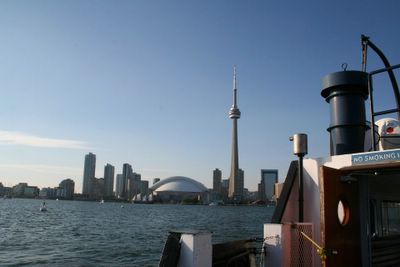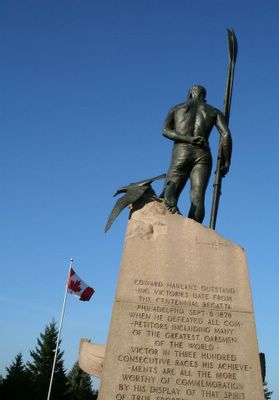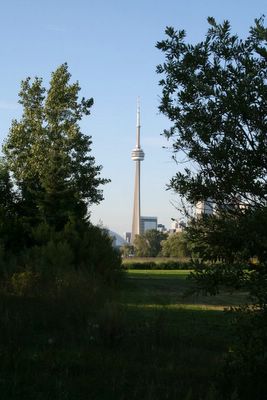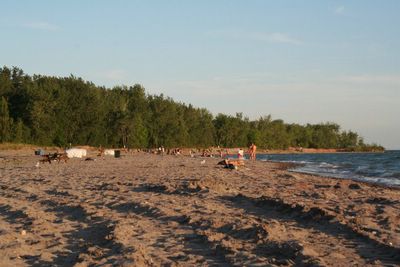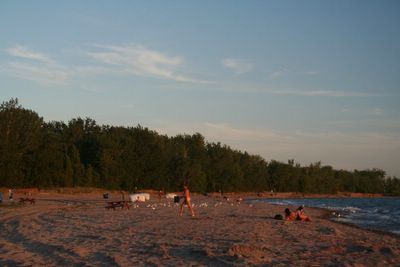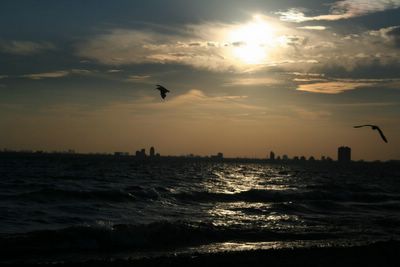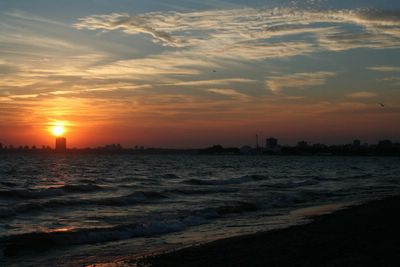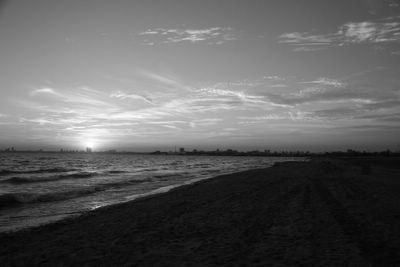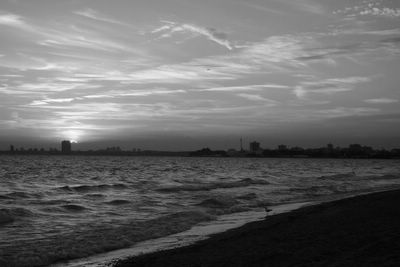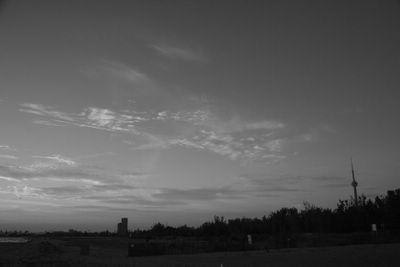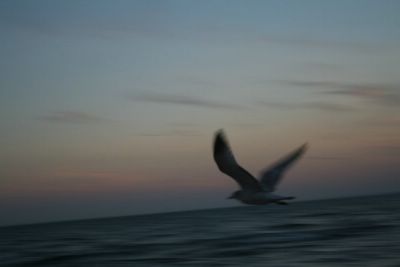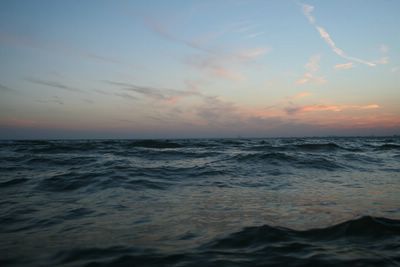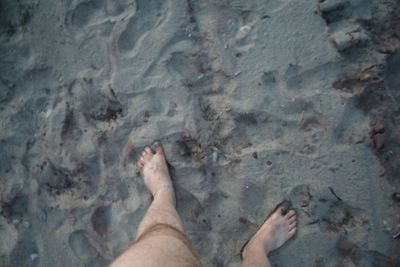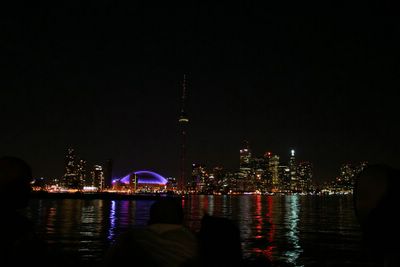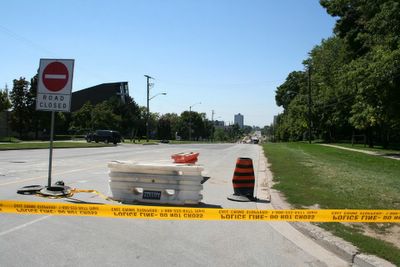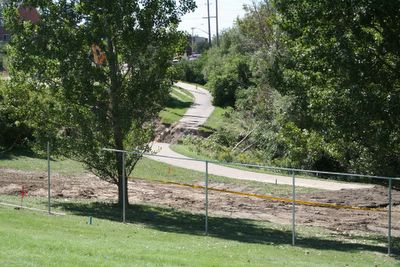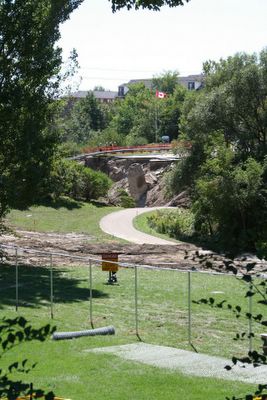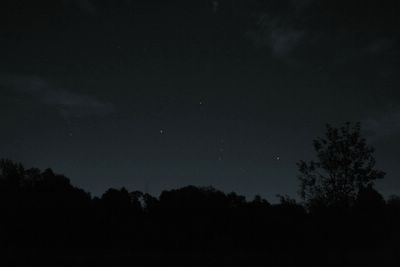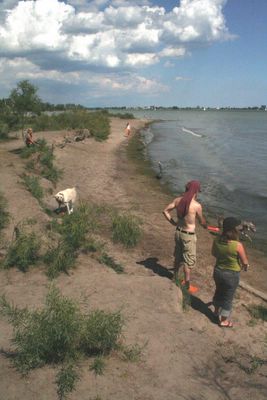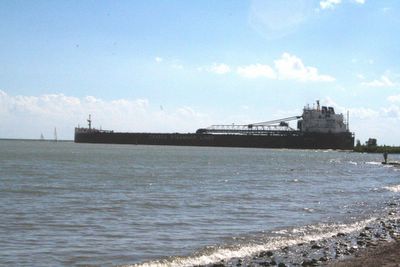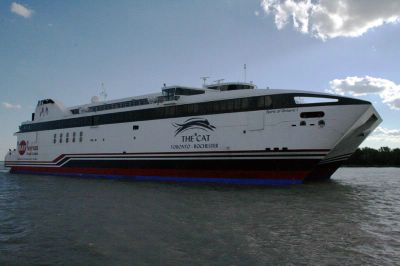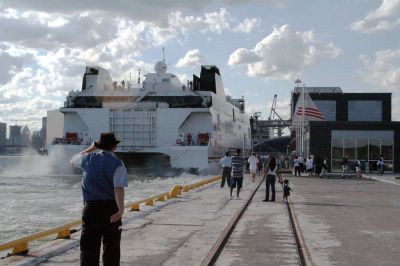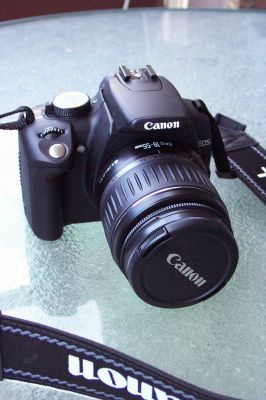This remarkable article is a must-read for anyone still puzzled as to the whys of the current situation in Iraq, and the puzzling, seemingly spontaneous bellicosity of the US administration to Iran. I quote it here in its entirety because it's so important, I don't want to chance the target of the link may evaporate. This might be the most cogent article you read for many months about likely events over the next couple of years, with significant indicators for you to watch for.
--------------------------
Petrodollasrs, Iran, & WarWilliam R. Clark, 08/13/2005
Media Monitors Network
August 5, 2005
http://usa.mediamonitors.net/content/view/full/17450
—"This notion that the United States is getting ready to attack Iran is simply ridiculous . . . Having said that, all options are on the table." — President George W. Bush, February 2005
Contemporary warfare has traditionally involved underlying conflicts regarding economics and resources. Today these intertwined conflicts also involve international currencies, and thus increased complexity. Current geopolitical tensions between the United States and Iran extend beyond the publicly stated concerns regarding Iran's nuclear intentions, and likely include a proposed Iranian "petroeuro" system for oil trade. Similar to the Iraq war, military operations against Iran relate to the macroeconomics of 'petrodollar recycling' and the unpublicized but real challenge to U.S. dollar supremacy from the euro as an alternative oil transaction currency.
It is now obvious the invasion of Iraq had less to do with any threat from Saddam's long-gone WMD program and certainly less to do to do with fighting international terrorism than it has to do with gaining strategic control over Iraq's hydrocarbon reserves and in doing so maintain the U.S. dollar as the monopoly currency for the critical international oil market. Throughout 2004 information provided by former administration insiders revealed the Bush/Cheney administration entered into office with the intention of toppling Saddam.[1][2] Candidly stated, 'Operation Iraqi Freedom' was a war designed to install a pro-U.S. government in Iraq, establish multiple U.S military bases before the onset of global Peak Oil, and to reconvert Iraq back to petrodollars while hoping to thwart further OPEC momentum towards the euro as an alternative oil transaction currency ( i.e. "petroeuro").[3] However, subsequent geopolitical events have exposed neoconservative strategy as fundamentally flawed, with Iran moving towards a petroeuro system for international oil trades, while Russia evaluates this option with the European Union.
In 2003 the global community witnessed a combination of petrodollar warfare and oil depletion warfare. The majority of the world's governments — especially the E.U., Russia and China — were not amused — and neither are the U.S. soldiers who are currently stationed inside a hostile Iraq. In 2002 I wrote an award-winning online essay that asserted Saddam Hussein sealed his fate when he announced on September 2000 that Iraq was no longer going to accept dollars for oil being sold under the UN's Oil-for-Food program, and decided to switch to the euro as Iraq's oil export currency.[4] Indeed, my original pre-war hypothesis was validated in a *Financial Times* article dated June 5, 2003, which confirmed Iraqi oil sales returning to the international markets were once again denominated in U.S. dollars — not euros. The tender, for which bids are due by June 10, switches the transaction back to dollars — the international currency of oil sales — despite the greenback's recent fall in value. Saddam Hussein in 2000 insisted Iraq's oil be sold for euros, a political move, but one that improved Iraq's recent earnings thanks to the rise in the value of the euro against the dollar. [5]
The Bush administration implemented this currency transition despite the adverse impact on profits from Iraqi's export oil sales.[6] (In mid-2003 the euro was valued approx. 13% higher than the dollar, and thus significantly impacted the ability of future oil proceeds to rebuild Iraq's infrastructure).Not surprisingly, this detail has never been mentioned in the five U.S. major media conglomerates who control 90% of information flow in the U.S., but confirmation of this vital fact provides insight into one of the crucial — yet overlooked — rationales for 2003 the Iraq war.
Concerning Iran, recent articles have revealed active Pentagon planning for operations against its suspected nuclear facilities. While the publicly stated reasons for any such overt action will be premised as a consequence of Iran's nuclear ambitions, there are again unspoken macroeconomic drivers underlying the second stage of petrodollar warfare — Iran's upcoming oil bourse. (The word bourse refers to a stock exchange for securities trading, and is derived from the French stock exchange in Paris, the Federation Internationale des Bourses de Valeurs.)
In essence, Iran is about to commit a far greater "offense" than Saddam Hussein's conversion to the euro for Iraq's oil exports in the fall of 2000. Beginning in March 2006, the Tehran government has plans to begin competing with New York's NYMEX and London's IPE with respect to international oil trades — using a euro-based international oil-trading mechanism.[7] The proposed Iranian oil bourse signifies that without some sort of U.S. intervention, the euro is going to establish a firm foothold in the international oil trade. Given U.S. debt levels and the stated neoconservative project of U.S. global domination, Tehran's objective constitutes an obvious encroachment on dollar supremacy in the crucial international oil market.
From the autumn of 2004 through August 2005, numerous leaks by concerned Pentagon employees have revealed that the neoconservatives in Washington are quietly — but actively — planning for a possible attack against Iran. In September 2004 *Newsweek* reported: Deep in the Pentagon, admirals and generals are updating plans for possible U.S. military action in Syria and Iran. The Defense Department unit responsible for military planning for the two troublesome countries is "busier than ever," an administration official says. Some Bush advisers characterize the work as merely an effort to revise routine plans the Pentagon maintains for all contingencies in light of the Iraq war. More skittish bureaucrats say the updates are accompanied by a revived campaign by administration conservatives and neocons for more hard-line U.S. policies toward the countries . . . administration hawks are pinning their hopes on regime change in Tehran — by covert means, preferably, but by force of arms if necessary. Papers on the idea have circulated inside the administration, mostly labeled "draft" or "working draft" to evade congressional subpoena powers and the Freedom of Information Act. Informed sources say the memos echo the administration's abortive Iraq strategy: oust the existing regime, swiftly install a pro-U.S. government in its place (extracting the new regime's promise to renounce any nuclear ambitions) and get out. This daredevil scheme horrifies U.S. military leaders, and there's no evidence that it has won any backers at the cabinet level. [8]
Indeed, there are good reasons for U.S. military commanders to be 'horrified' at the prospects of attacking Iran. In the December 2004 issue of the *Atlantic Monthly*, James Fallows reported that numerous high-level war-gaming sessions had recently been completed by Sam Gardiner, a retired Air Force colonel who has run war games at the National War College for the past two decades.[9] Col. Gardiner summarized the outcome of these war games with this statement, "After all this effort, I am left with two simple sentences for policymakers: You have no military solution for the issues of Iran. And you have to make diplomacy work." Despite Col. Gardiner's warnings, yet another story appeared in early 2005 that reiterated this administration's intentions towards Iran. Investigative reporter Seymour Hersh's article in the *New Yorker* included interviews with various high-level U.S. intelligence sources.Hersh wrote: In my interviews [with former high-level intelligence officials], I was repeatedly told that the next strategic target was Iran. Everyone is saying, 'You can't be serious about targeting Iran. Look at Iraq,' the former [CIA] intelligence official told me. But the [Bush administration officials] say, 'We've got some lessons learned — not militarily, but how we did it politically. We're not going to rely on agency pissants.' No loose ends, and that's why the C.I.A. is out of there. [10]
The most recent, and by far the most troubling, was an article in the *American Conservative* by intelligence analyst Philip Giraldi. His article, "In Case of Emergency, Nuke Iran," suggested the resurrection of active U.S. military planning against Iran — but with the shocking disclosure that in the event of another 9/11-type terrorist attack on U.S. soil, Vice President Dick Cheney's office wants the Pentagon to be prepared to launch a potential tactical nuclear attack on Iran — even if the Iranian government was not involved with any such terrorist attack against the U.S.: The Pentagon, acting under instructions from Vice President Dick Cheney's office, has tasked the United States Strategic Command (STRATCOM) with drawing up a contingency plan to be employed in response to another 9/11-type terrorist attack on the United States. The plan includes a large-scale air assault on Iran employing both conventional and tactical nuclear weapons. Within Iran there are more than 450 major strategic targets, including numerous suspected nuclear-weapons-program development sites. Many of the targets are hardened or are deep underground and could not be taken out by conventional weapons, hence the nuclear option. As in the case of Iraq, the response is not conditional on Iran actually being involved in the act of terrorism directed against the United States. Several senior Air Force officers involved in the planning are reportedly appalled at the implications of what they are doing — that Iran is being set up for an unprovoked nuclear attack — but no one is prepared to damage his career by posing any objections. [11]
Why would the Vice President instruct the U.S. military to prepare plans for what could likely be an unprovoked nuclear attack against Iran? Setting aside the grave moral implications for a moment, it is remarkable to note that during the same week this "nuke Iran" article appeared, the *Washington Post* reported that the most recent National Intelligence Estimate (NIE) of Iran's nuclear program revealed that, "Iran is about a decade away from manufacturing the key ingredient for a nuclear weapon, roughly doubling the previous estimate of five years."[12] This article carefully noted this assessment was a "consensus among U.S. intelligence agencies, [and in] contrast with forceful public statements by the White House." The question remains, Why would the Vice President advocate a possible tactical nuclear attack against Iran in the event of another major terrorist attack against the U.S. — even if Tehran was innocent of involvement?
Perhaps one of the answers relates to the same obfuscated reasons why the U.S. launched an unprovoked invasion to topple the Iraq government — macroeconomics and the desperate desire to maintain U.S. economic supremacy. In essence, petrodollar hegemony is eroding, which will ultimately force the U.S. to significantly change its current tax, debt, trade, and energy policies, all of which are severely unbalanced. World oil production is reportedly "flat out," and yet the neoconservatives are apparently willing to undertake huge strategic and tactical risks in the Persian Gulf. Why? Quite simply — their stated goal is U.S. global domination — at any cost.
To date, one of the more difficult technical obstacles concerning a euro-based oil transaction trading system is the lack of a euro-denominated oil pricing standard, or oil 'marker' as it is referred to in the industry. The three current oil markers are U.S. dollar denominated, which include the West Texas Intermediate crude (WTI), Norway Brent crude, and the UAE Dubai crude. However, since the summer of 2003 Iran has required payments in the euro currency for its European and Asian/ACU exports — although the oil pricing these trades was still denominated in the dollar.[13]
Therefore a potentially significant news story was reported in June 2004 announcing Iran's intentions to create of an Iranian oil bourse. This announcement portended competition would arise between the Iranian oil bourse and London's International Petroleum Exchange (IPE), as well as the New York Mercantile Exchange (NYMEX). [Both the IPE and NYMEX are owned by U.S. consortium, and operated by an Atlanta-based corporation, IntercontinentalExchange, Inc.]
The macroeconomic implications of a successful Iranian bourse are noteworthy. Considering that in mid-2003 Iran switched its oil payments from E.U. and ACU customers to the euro, and thus it is logical to assume the proposed Iranian bourse will usher in a fourth crude oil marker — denominated in the euro currency. This event would remove the main technical obstacle for a broad-based petroeuro system for international oil trades. From a purely economic and monetary perspective, a petroeuro system is a logical development given that the European Union imports more oil from OPEC producers than does the U.S., and the E.U. accounted for 45% of exports sold to the Middle East. (Following the May 2004 enlargement, this percentage likely increased).
Despite the complete absence of coverage from the five U.S. corporate media conglomerates, these foreign news stories suggest one of the Federal Reserve's nightmares may begin to unfold in the spring of 2006, when it appears that international buyers will have a choice of buying a barrel of oil for $60 dollars on the NYMEX and IPE — or purchase a barrel of oil for 45-50 euros via the Iranian Bourse. This assumes the euro maintains its current 20-25% appreciated value relative to the dollar — and assumes that some sort of US "intervention" is not launched against Iran. The upcoming bourse will introduce petrodollar versus petroeuro currency hedging, and fundamentally new dynamics to the biggest market in the world — global oil and gas trades. In essence, the U.S. will no longer be able to effortlessly expand credit via U.S. Treasury bills, and the dollar's demand/liquidity value will fall.
It is unclear at the time of writing if this project will be successful, or could it prompt overt or covert U.S. interventions — thereby signaling the second phase of petrodollar warfare in the Middle East. Regardless of the potential U.S. response to an Iranian petroeuro system, the emergence of an oil exchange market in the Middle East is not entirely surprising given the domestic peaking and decline of oil exports in the U.S. and U.K, in comparison to the remaining oil reserves in Iran, Iraq and Saudi Arabia. What we are witnessing is a battle for oil currency supremacy. If Iran's oil bourse becomes a successful alternative for international oil trades, it would challenge the hegemony currently enjoyed by the financial centers in both London (IPE) and New York (NYMEX), a factor not overlooked in the following (UK) *Guardian* article: Iran is to launch an oil trading market for Middle East and Opec producers that could threaten the supremacy of London's International Petroleum Exchange . . . Some industry experts have warned the Iranians and other OPEC producers that western exchanges are controlled by big financial and oil corporations, which have a vested interest in market volatility. [emphasis added] The IPE, bought in 2001 by a consortium that includes BP, Goldman Sachs and Morgan Stanley, was unwilling to discuss the Iranian move yesterday. "We would not have any comment to make on it at this stage," said an IPE spokeswoman. [14]
During an important speech in April 2002, Mr. Javad Yarjani, an OPEC executive, described three pivotal events that would facilitate an OPEC transition to euros.[15] He stated this would be based on (1) if and when Norway's Brent crude is re-dominated in euros, (2) if and when the U.K. adopts the euro, and (3) whether or not the euro gains parity valuation relative to the dollar, and the EU's proposed expansion plans were successful. Notably, both of the later two criteria have transpired: the euro's valuation has been above the dollar since late 2002, and the euro-based E.U. enlarged in May 2004 from 12 to 22 countries. Despite recent "no" votes by French and Dutch voters regarding a common E.U. Constitution, from a macroeconomic perspective, these domestic disagreements do not reduce the euro currency's trajectory in the global financial markets — and from Russia and OPEC's perspective — do not adversely impact momentum towards a petroeuro. In the meantime, the U.K. remains uncomfortably juxtaposed between the financial interests of the U.S. banking nexus (New York/Washington) and the E.U. financial centers (Paris/Frankfurt).
The most recent news reports indicate the oil bourse will start trading on March 20, 2006, coinciding with the Iranian New Year.[16] The implementation of the proposed Iranian oil Bourse — if successful in utilizing the euro as its oil transaction currency standard — essentially negates the previous two criteria as described by Mr. Yarjani regarding the solidification of a petroeuro system for international oil trades. It should also be noted that throughout 2003-2004 both Russia and China significantly increased their central bank holdings of the euro, which appears to be a coordinated move to facilitate the anticipated ascendance of the euro as a second World Reserve Currency. [17] [18] China's announcement in July 2005 that is was re-valuing the yuan/RNB was not nearly as important as its decision to divorce itself form a U.S. dollar peg by moving towards a "basket of currencies" — likely to include the yen, euro, and dollar.[19] Additionally, the Chinese re-valuation immediately lowered their monthly imported "oil bill" by 2%, given that oil trades are still priced in dollars, but it is unclear how much longer this monopoly arrangement will last.
Furthermore, the geopolitical stakes for the Bush administration were raised dramatically on October 28, 2004, when Iran and China signed a huge oil and gas trade agreement (valued between $70-$100 billion dollars.) [20] It should also be noted that China currently receives 13% of its oil imports from Iran. In the aftermath of the Iraq invasion, the U.S.-administered Coalition Provisional Authority (CPA) nullified previous oil lease contracts from 1997-2002 that France, Russia, China and other nations had established under the Saddam regime. The nullification of these contracts worth a reported $1.1 trillion created political tensions between the U.S and the European Union, Russia and China. The Chinese government may fear the same fate awaits their oil investments in Iran if the U.S. were able to attack and topple the Tehran government. Despite U.S. desires to enforce petrodollar hegemony, the geopolitical risks of an attack on Iran's nuclear facilities would surely create a serious crisis between Washington and Beijing.
It is increasingly clear that a confrontation and possible war with Iran may transpire during the second Bush term. Clearly, there are numerous tactical risks regarding neoconservative strategy towards Iran. First, unlike Iraq, Iran has a robust military capability. Secondly, a repeat of any "Shock and Awe" tactics is not advisable given that Iran has installed sophisticated anti-ship missiles on the Island of Abu Musa, and therefore controls the critical Strait of Hormuz — where all of the Persian Gulf bound oil tankers must pass.[22] The immediate question for Americans? Will the neoconservatives attempt to intervene covertly and/or overtly in Iran during 2005 or 2006 in a desperate effort to prevent the initiation of euro-denominated international crude oil sales? Commentators in India are quite correct in their assessment that a U.S. intervention in Iran is likely to prove disastrous for the United States, making matters much worse regarding international terrorism, not to mention the potential effects on the U.S. economy. If it [ U.S.] intervenes again, it is absolutely certain it will not be able to improve the situation . . . There is a better way, as the constructive engagement of Libya's Colonel Muammar Gaddafi has shown . . . Iran is obviously a more complex case than Libya, because power resides in the clergy, and Iran has not been entirely transparent about its nuclear program, but the sensible way is to take it gently, and nudge it to moderation. Regime change will only worsen global Islamist terror, and in any case, Saudi Arabia is a fitter case for democratic intervention, if at all. [21]
A successful Iranian bourse will solidify the petroeuro as an alternative oil transaction currency, and thereby end the petrodollar's hegemonic status as the monopoly oil currency. Therefore, a graduated approach is needed to avoid precipitous U.S. economic dislocations. Multilateral compromise with the EU and OPEC regarding oil currency is certainly preferable to an 'Operation Iranian Freedom,' or perhaps another CIA-backed coup such as operation "Ajax" from 1953. Despite the impressive power of the U.S. military, and the ability of our intelligence agencies to facilitate 'interventions,' it would be perilous and possibly ruinous for the U.S. to intervene in Iran given the dire situation in Iraq. The Monterey Institute of International Studies warned of the possible consequences of a preemptive attack on Iran's nuclear facilities:An attack on Iranian nuclear facilities . . . could have various adverse effects on U.S. interests in the Middle East and the world. Most important, in the absence of evidence of an Iranian illegal nuclear program, an attack on Iran's nuclear facilities by the U.S. or Israel would be likely to strengthen Iran's international stature and reduce the threat of international sanctions against Iran. [23]
SYNOPSIS:
It is not yet clear if a U.S. military expedition will occur in a desperate attempt to maintain petrodollar supremacy. Regardless of the recent National Intelligence Estimate that down-played Iran's potential nuclear weapons program, it appears increasingly likely the Bush administration may use the specter of nuclear weapon proliferation as a pretext for an intervention, similar to the fears invoked in the previous WMD campaign regarding Iraq. If recent stories are correct regarding Cheney's plan to possibly use a another 9/11 terrorist attack as the pretext or casus belli for a U.S. aerial attack against Iran, this would confirm the Bush administration is prepared to undertake a desperate military strategy to thwart Iran's nuclear ambitions, while simultaneously attempting to prevent the Iranian oil Bourse from initiating a euro-based system for oil trades.
However, as members of the U.N. Security Council; China, Russia and E.U. nations such as France and Germany would likely veto any U.S.-sponsored U.N. Security Resolution calling the use of force without solid proof of Iranian culpability in a major terrorist attack. A unilateral U.S. military strike on Iran would isolate the U.S. government in the eyes of the world community, and it is conceivable that such an overt action could provoke other industrialized nations to strategically abandon the dollar en masse. Indeed, such an event would create pressure for OPEC or Russia to move towards a petroeuro system in an effort to cripple the U.S. economy and its global military presence. I refer to this in my book as the "rogue nation hypothesis."
While central bankers throughout the world community would be extremely reluctant to 'dump the dollar,' the reasons for any such drastic reaction are likely straightforward from their perspective — the global community is dependent on the oil and gas energy supplies found in the Persian Gulf. Hence, industrialized nations would likely move in tandem on the currency exchange markets in an effort to thwart the neoconservatives from pursuing their desperate strategy of dominating the world's largest hydrocarbon energy supply. Any such efforts that resulted in a dollar currency crisis would be undertaken — not to cripple the U.S. dollar and economy as punishment towards the American people per se — but rather to thwart further unilateral warfare and its potentially destructive effects on the critical oil production and shipping infrastructure in the Persian Gulf. Barring a U.S. attack, it appears imminent that Iran's euro-denominated oil bourse will open in March 2006. Logically, the most appropriate U.S. strategy is compromise with the E.U. and OPEC towards a dual-currency system for international oil trades.
—Of all the enemies to public liberty war is, perhaps, the most to be dreaded because it comprises and develops the germ of every other. War is the parent of armies; from these proceed debts and taxes . . . known instruments for bringing the many under the domination of the few . . . . No nation could preserve its freedom in the midst of continual warfare. — James Madison, *Political Observations* (1795)
—William R. Clark has received two Project Censored awards for his research on oil currency conflict, and has recently published a book, Petrodollar Warfare: Oil, Iraq and the Future of the Dollar (New Society Publishers, 2005). He is an Information Security Analyst, and holds a Master of Business Administration and Master of Science in Information and Telecommunication Systems from Johns Hopkins University. He contributed this article to Media Monitors Network (MMN) from Maryland, USA.

